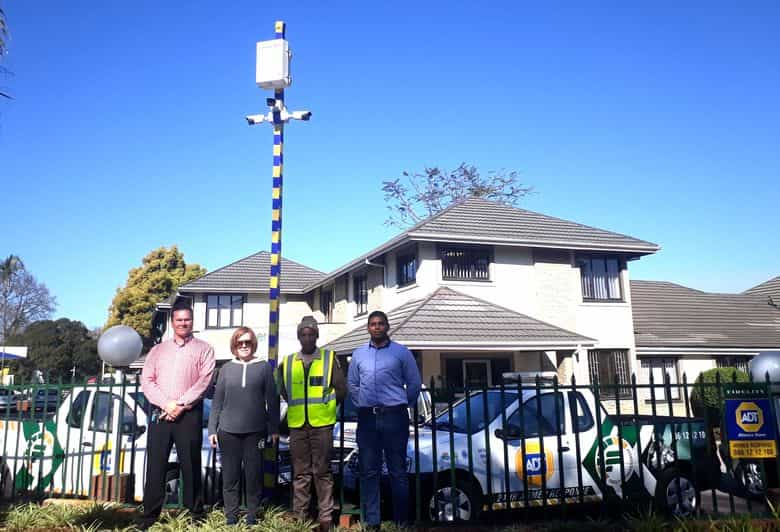Hi ho, hi ho, it’s off to work we go! Yes, the December break is over for many of us and the wheels of the working world are slowly starting to grind again.
The laid-back holiday period has hopefully left you feeling refreshed and ready for the challenges ahead. Yet, often, getting back into routine at home and work at the start of the year can feel like climbing a mountain.
Charnel Hattingh, Group Head of Marketing & Communications for Fidelity ADT, says just like mountaineering, you need the right mindset, tools and awareness to conquer 2025 safely on your commute and at the workplace.
“Life is very unpredictable, so we find comfort in routine, which is a good thing. However, routine can also make us complacent, and in a workplace this can be hazardous,” she says.
“The same goes for commuting. A humdrum routine each day can make you overly relaxed and forgetful of what’s actually going on around you. There are hazards to commuting, whether walking, taking a bus or taxi or driving a car. We must remain alert at all times.
“Regardless of how confident and comfortable you with your daily commute and workplace tasks, it’s imperative to avoid complacency.”
Hattingh also reiterates that personal safety is each person’s own responsibility. In addition, everyone has a role to play in crime fighting by being the eyes and ears of the police and related bodies, like private security companies and the CPF, and reporting suspicious activity or persons.
5 crime trends to be aware of when commuting:
- Taxi robbers often pose as passengers.
- Smash and grabs are still rife at various intersections across South Africa. Be aware of hotspots and if you drive these routes, make sure all valuables are out of sight. Don’t talk on your cellphone with the window down; this is like taking candy off a baby for a snatch-and-go criminal.
- Rather walk in groups and keep your eyes peeled for suspicious people loitering nearby. If you are approached by an attacker who wants to rob you of your belongings, scream loudly to attract attention. Carry pepper spray or a taser and keep your cellphone out of sight.
- Be aware of your surroundings when leaving and coming home. Don’t pull into your driveway if you see a strange car or people loitering nearby. Rather drive to a safe place and report it for your security company to investigate.
- Learners walking to and from school must avoid talking to strangers, no matter what they say their ‘emergency’ is. Also, don’t walk with earphones in and your cellphone out.
With regard to workplace safety, Hattingh says familiarity here can start to develop into an overly relaxed attitude.
“All workplaces should have proper emergency protocols in place that are well communicated to all staff so that in the event of an emergency of any kind, everyone knows what to do and not do.
“In line with occupational health and safety compliance, companies must have crisis response crews made up of staff who are responsible for health and safety and being the first responders in the event of any emergency.
“Another thing not to be overlooked is first aid and emergency care in the workplace. Accidents happen quickly and are never planned. The health and safety team needs to be ready to administer immediate care and first aid until professional help arrives.
“Staff unsure of their company’s emergency protocols should ask a manager for clarity.”
Hatting adds that a security system linked to an armed response service can mean the difference between life and death in an emergency situation.
Since even the most secure workplaces can become targets for criminals, Fidelity ADT recommends these types of security systems to help keep premises and staff safe:
- Business surveillance systems
- 24/7 security monitoring
- Surveillance cameras
- Fire alarm systems
- Access control systems
“Keep yourself and your loved ones out of harm’s way this year by practising vigilance as part of your daily routine. Being extra observant on your commute and in and around the office can avert injuries or falling victim to criminals. Cheers to a safe 2025!” Hattingh concludes.











